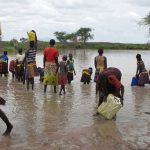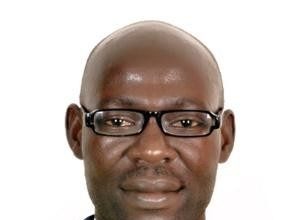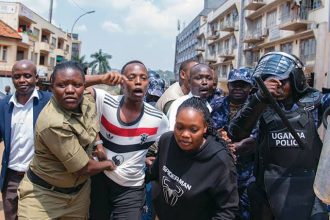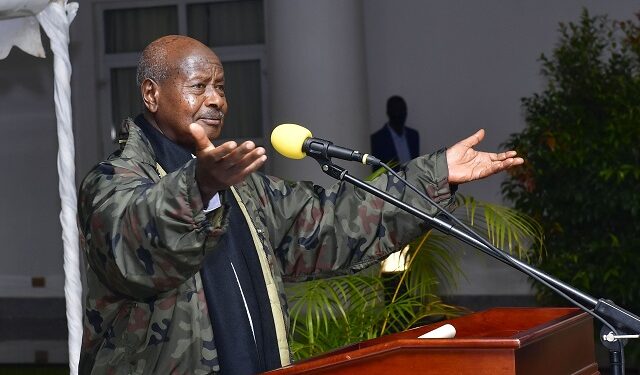Uganda has grappled with corruption for years. According to Transparency International’s 2023 Corruption Perceptions Index, Uganda ranks 141st out of 180 countries. This ranking highlights Uganda’s unfortunate position as one of the most corrupt nations globally.
Numerous factors contribute to the pervasiveness of corruption in Uganda. Poverty plays a significant role, as individuals facing economic hardship may be more susceptible to accepting bribes in exchange for essential goods or services.
Furthermore, weak institutional frameworks provide fertile ground for corruption to thrive, enabling unscrupulous individuals to exploit vulnerabilities within administrative systems.
The ramifications of corruption in Uganda are profound and far-reaching. It hinders economic growth, exacerbates poverty levels, and compromises the quality of public services.
Moreover, corruption undermines trust in government institutions and impedes the effective implementation of policies aimed at fostering development and prosperity.
Despite these challenges, the Ugandan government has taken steps to combat corruption. The enactment of the Anti-Corruption Act in 2009 signaled a commitment to addressing this pervasive issue. This legislation led to the establishment of crucial anti-corruption entities such as the Inspectorate General of Government (IGG) and the Anti-Corruption Court (ACC).
While Uganda has shown some improvement, evidenced by its modest ascent in Transparency International’s index, the battle against corruption is far from over. It demands sustained and concerted efforts from all sectors of society to eradicate this deep-seated problem.
Ultimately, combating corruption in Uganda requires unwavering dedication and a collective resolve to uphold transparency, integrity, and accountability at all levels of governance.
Here are the rankings according to our survey:
| Region | Votes | Most Corrupt Tribe in the Region |
|---|---|---|
| 1. Central Region | 40% | Baganda |
| 2. Western Region | 25% | Banyankore |
| 3. Eastern Region | 20% | Iteso |
| 4. Northern Region | 15% | Langi |
Disclaimer: The opinions expressed in this op-ed are those of the author and do not necessarily reflect the views of this publication. This research is independent and is not affiliated with The Ankole Times




















